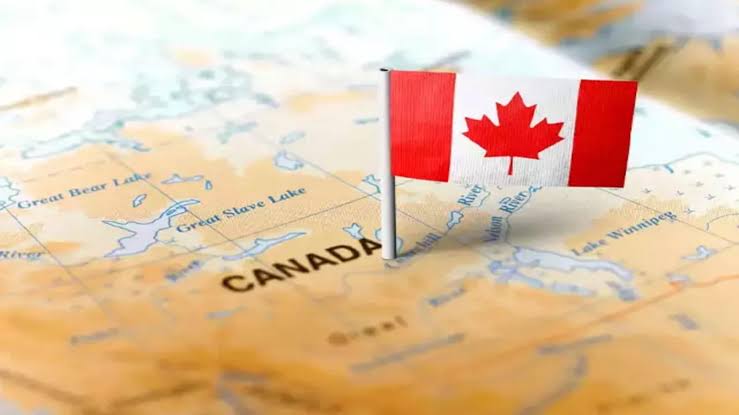Canada relies on US electricity imports amid drought and low water levels

Toronto: Canada, a country historically known for its abundant hydroelectric power exports, has been forced to import electricity from the United States due to severe drought and adverse weather conditions.
Two hydroelectric-dependent provinces, British Columbia and Manitoba, are grappling with reduced power generation as water levels in reservoirs remain critically low.
The drought has significantly impacted hydroelectric output, particularly during the fall and winter months. Despite the challenges, officials assured that power shortages are unlikely in any province.
Bruce Owen, a spokesperson for Manitoba Hydro, confirmed that the Crown Corporation has secured electricity imports to meet demand.
Scientists warn that climate change is intensifying droughts, posing long-term challenges for hydropower producers. In 2023, moderate to severe droughts across Canada hindered water replenishment in key hydropower reservoirs.
Provinces like Quebec, British Columbia, and Manitoba, which traditionally maintain surplus electricity for export, are now facing deficits.
The global impact of the drought was evident as hydroelectric generation rates dropped to a five-year low in 2023. To meet demand, alternative energy sources were utilized, leading to a 40% rise in greenhouse gas emissions.
Canada’s hydropower generation fell by 3.9%, the lowest since 2016, while electricity export revenue from the US decreased by 30%.
Manitoba Hydro reported a $157 million loss in 2023 due to the two-year drought. Chief Executive Officer Alan Danroth described the situation as being “at the mercy of nature.”
Meanwhile, the US also faced hydropower challenges, with production at Nevada’s Hoover Dam declining by 25% during a similar drought in 2021, according to the US Department of Energy.

